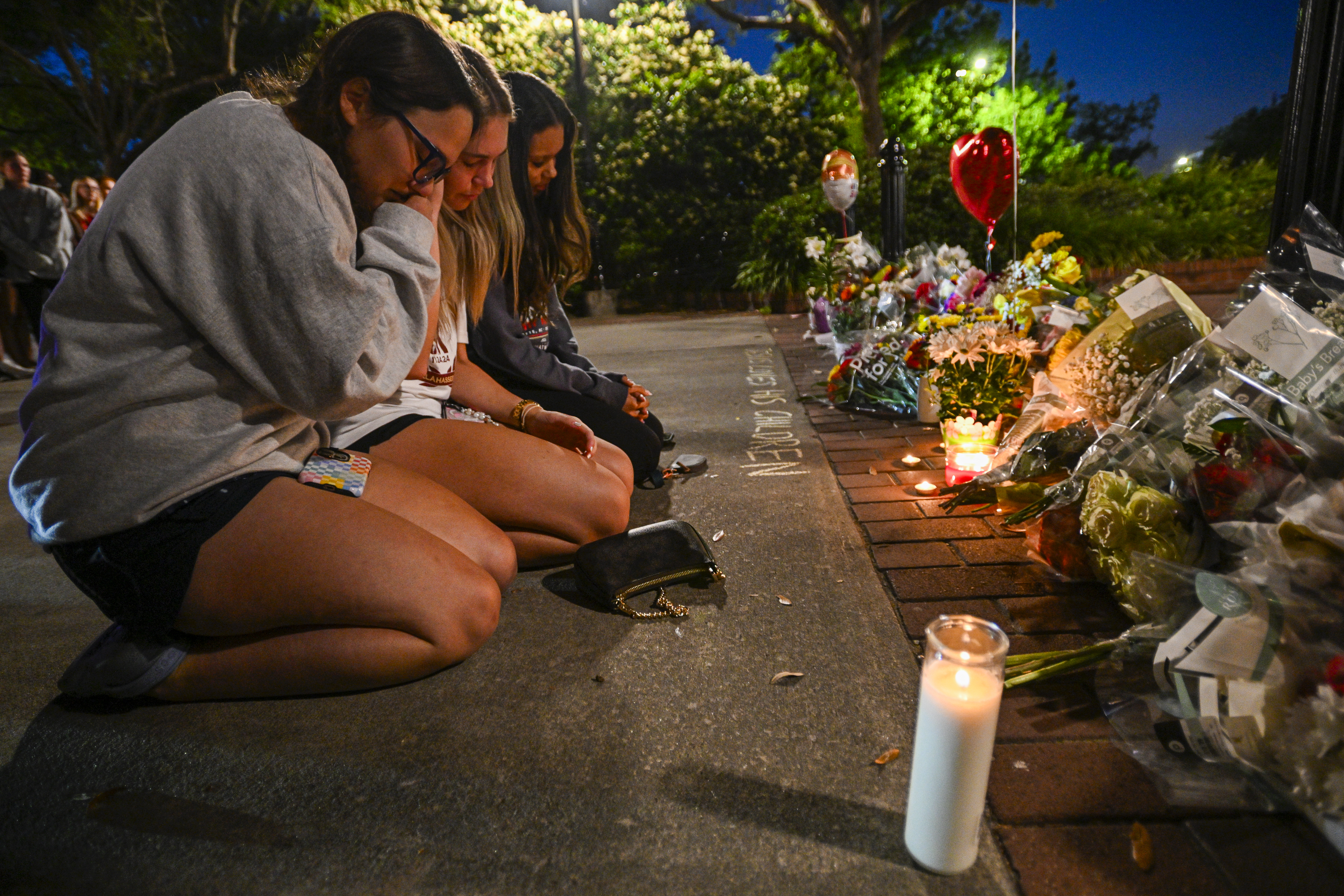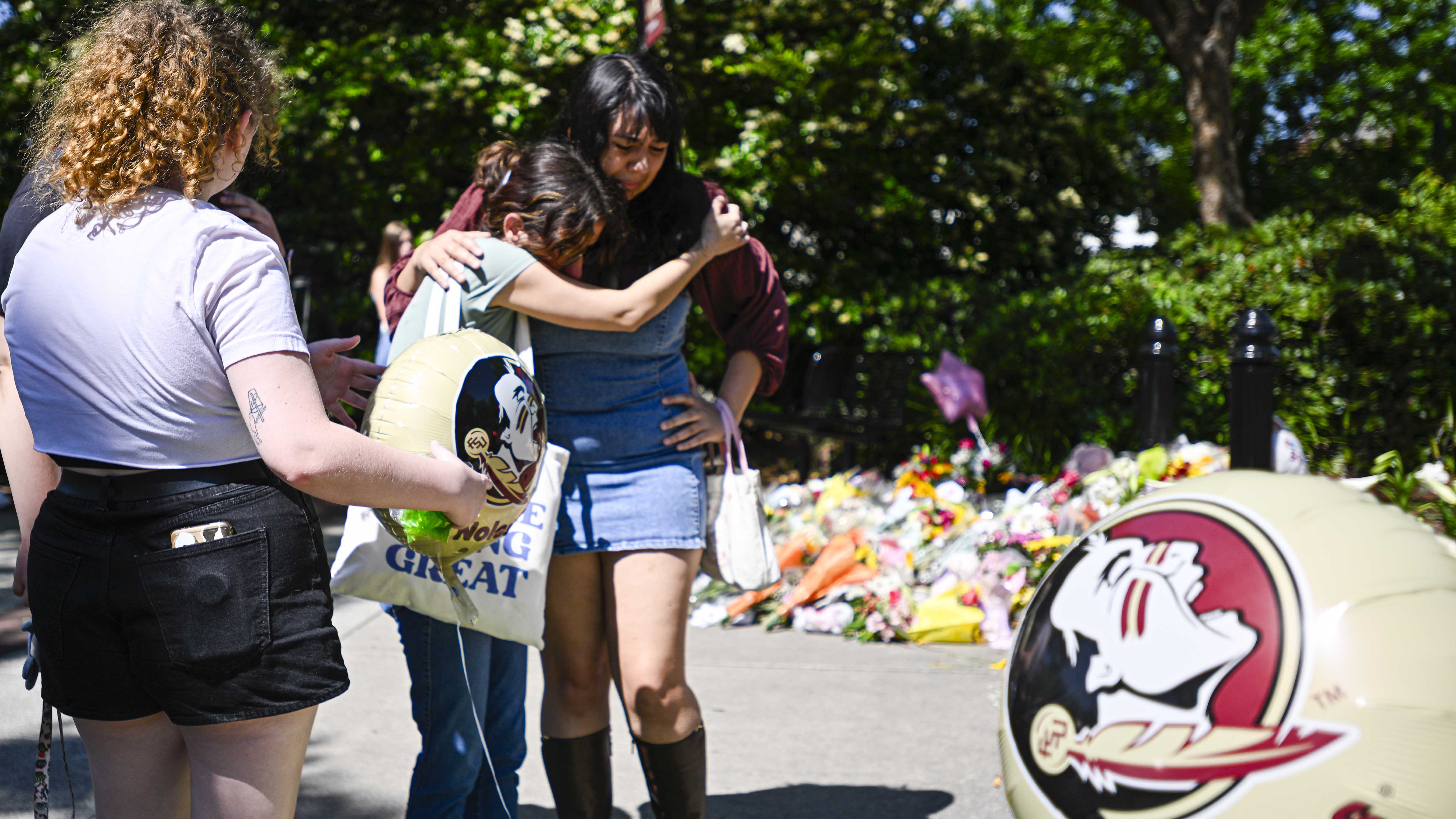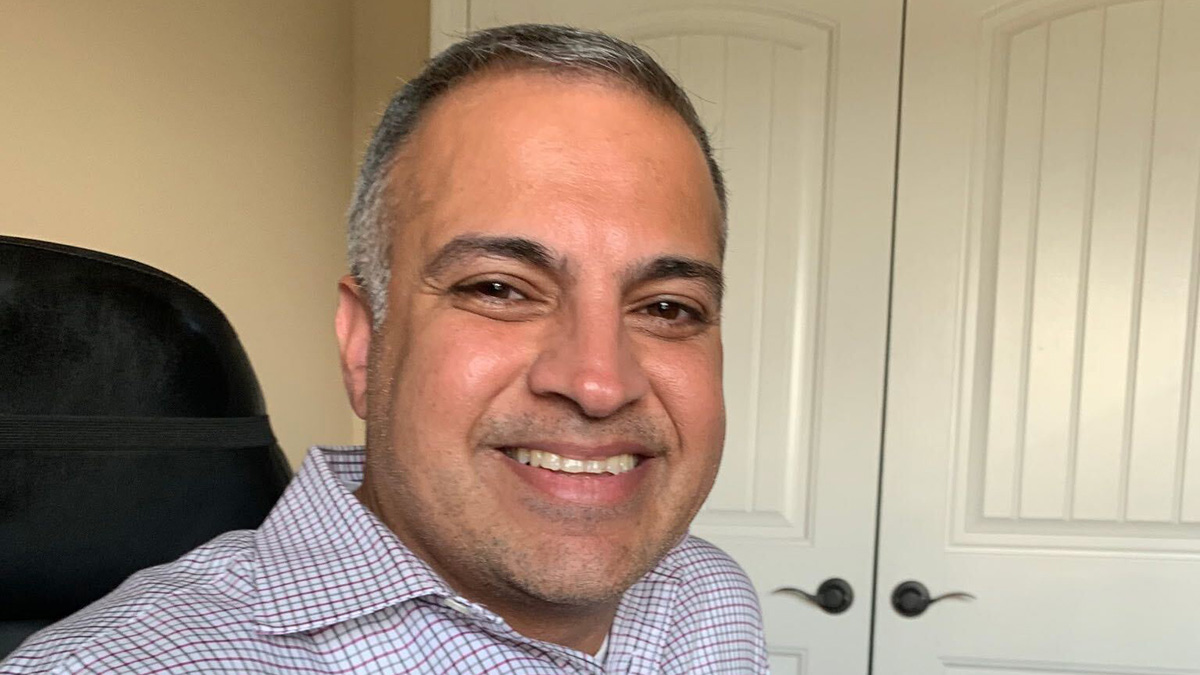FSU Shooting: Deputy's Son Kills 2 - What Went Wrong?
FSU Shooting Tragedy: Deputy's Son Kills 2, Wounds 6 with Ex-Service Weapon
A Day of Horror at Florida State: The Initial Report
Follow along for live updates.
Imagine a regular Thursday at Florida State University, filled with the usual hustle and bustle of student life. Then, without warning, chaos erupts. The 20-year-old son of a sheriff’s deputy allegedly opened fire near the student union, using his mother's former service weapon, turning an ordinary day into a nightmare. Investigators report that two men tragically lost their lives, and at least six others were wounded in the senseless act of violence.
Tallahassee Police Chief Lawrence Revell stated that officers responded swiftly to the scene. After refusing to comply with commands, the shooter was shot and wounded by law enforcement. But what drove this young man to such a devastating act? The search for answers is only just beginning.
Authorities have yet to release a motive, but the impact on the Florida State community is undeniable. The shooting, which occurred around lunchtime, sent waves of panic through campus, with students and parents scrambling for safety, seeking refuge in unlikely places like a bowling alley and a freight elevator within the student union building.
Police identified the shooter as Phoenix Ikner, believed to be a student at Florida State University. Florida State University Police Chief Jason Trumbower confirmed that the two victims were not students. He also mentioned he would not release further victim information at this time, leaving the community with many unanswered questions and heavy hearts.
The Immediate Aftermath: Fear and Uncertainty Grips Campus
The immediate aftermath of the shooting was characterized by fear and confusion. Students, many still shaken from the experience, recounted scenes of terror, describing the frantic scramble for safety and the deafening sound of gunfire. Were they safe? Would it happen again? These are the questions that plagued their minds.
Eyewitness Accounts: A Glimpse into the Chaos
Eyewitness accounts painted a vivid picture of the chaos that unfolded. Some students described hiding in classrooms, barricading doors with furniture, while others spoke of running blindly, desperate to escape the danger. Each story highlighted the vulnerability and uncertainty that gripped the campus in those terrifying moments. It was a reminder of how quickly normalcy can be shattered by acts of violence.
The Impact on Parents and Families
Beyond the students, the shooting sent shockwaves through the families of those attending Florida State. Imagine being a parent receiving that phone call, the sheer panic and helplessness as you desperately try to reach your child. For many, the hours following the shooting were filled with agonizing uncertainty, waiting for news that their loved ones were safe. The emotional toll on these families is immeasurable.
Who Was Phoenix Ikner? Unraveling the Shooter's Identity
As the dust settles, attention inevitably turns to the shooter, Phoenix Ikner. Investigators are now piecing together his background, trying to understand what led him to commit such a horrific act. Was there a history of mental health issues? Were there any warning signs that were missed? These are the questions that investigators will be trying to answer.
The Sheriff Deputy's Son: A Complicated Relationship?
The fact that Ikner was the son of a sheriff's deputy adds another layer of complexity to the tragedy. Was there tension between Ikner and his mother? Did access to her former service weapon play a role in his ability to carry out the shooting? These are undoubtedly difficult questions to consider.
Student Profile: Was He Known to Authorities?
Investigators are also looking into Ikner's student profile. Was he known to campus authorities for any behavioral issues? Were there any red flags that might have indicated a potential for violence? These are critical questions that could shed light on the events leading up to the shooting. It's a search for patterns that may have been overlooked.
The Victims: Remembering the Lives Lost
While the focus often shifts to the perpetrator in these tragedies, it's crucial to remember the victims. Two men lost their lives in this senseless act of violence, and their families are now grappling with unimaginable grief. These were individuals with their own hopes, dreams, and loved ones, whose lives were tragically cut short.
A Community Mourns: Grief and Remembrance
The Florida State community is now in mourning. Students, faculty, and staff are coming together to grieve the loss of life and to support those who were wounded. Memorial services and vigils are being planned as a way to honor the victims and to offer comfort to those who are hurting. It's a time for healing, but the scars will undoubtedly remain.
The Impact on Survivors: Physical and Emotional Wounds
The six individuals who were wounded in the shooting face a long road to recovery, both physically and emotionally. The trauma of experiencing such violence can have lasting effects, and many may require ongoing therapy and support. Their stories serve as a stark reminder of the human cost of gun violence. It's a wound that can't be easily seen, but it's just as real.
The Weapon: A Sheriff Deputy's Former Service Weapon
The weapon used in the shooting, a former service weapon belonging to Ikner's mother, raises questions about gun safety and access to firearms. How did Ikner gain access to the weapon? Was it stored properly? These are crucial questions that will need to be answered to prevent similar tragedies in the future. The accessibility of such weapons is undoubtedly a point of contention.
Gun Safety Protocols: Were They Followed?
An investigation into whether proper gun safety protocols were followed is essential. Was the weapon stored in a secure location? Were there any measures in place to prevent unauthorized access? The answers to these questions could have significant implications for preventing future incidents.
Legal Implications: Liability and Accountability
The legal implications of the shooting are complex. Could Ikner's mother face charges for negligence? Could the sheriff's department be held liable in any way? These are questions that will likely be addressed in the legal proceedings that follow.
Security on Campus: Evaluating Current Measures
The shooting has prompted a reevaluation of security measures on the Florida State campus. Are current protocols adequate to protect students and staff? What changes can be made to improve security and prevent future incidents?
Increased Security Presence: A Visible Deterrent?
One potential response is to increase the presence of security personnel on campus. Would a more visible security presence deter potential shooters? Would it make students feel safer? These are valid questions to consider, but it's essential to strike a balance between security and creating a welcoming environment.
Mental Health Resources: Addressing the Root Causes
Addressing the root causes of gun violence requires a focus on mental health. Are there adequate mental health resources available to students on campus? Are students aware of these resources? Improving access to mental health care is crucial for preventing future tragedies.
The Broader Conversation: Gun Control and Mental Health
The Florida State shooting has reignited the national debate about gun control and mental health. What steps can be taken to prevent future acts of violence? Is stricter gun control the answer? Is increased access to mental health care the solution? Or is it a combination of both?
The Role of Social Media: Amplifying the Impact
In today's world, social media plays a significant role in amplifying the impact of these tragedies. The spread of misinformation and the sharing of graphic images can further traumatize victims and fuel fear. It's essential to be mindful of the content we consume and share online.
Finding Hope Amidst Tragedy: A Call for Unity
Despite the darkness of this tragedy, there is always hope. The Florida State community can come together in unity, offering support to those who are grieving and working together to create a safer environment. It's a reminder that even in the face of unspeakable violence, the human spirit can endure.
Moving Forward: Healing and Prevention
The road to recovery will be long and challenging, but the Florida State community is resilient. By focusing on healing and prevention, they can emerge from this tragedy stronger and more united.
Supporting the Victims and Their Families
Providing ongoing support to the victims and their families is crucial. This includes financial assistance, counseling services, and simply offering a listening ear. Their needs should be prioritized.
Promoting Gun Safety and Responsible Ownership
Promoting gun safety and responsible ownership is essential for preventing future tragedies. This includes education on gun storage, responsible handling, and the importance of seeking help for mental health issues.
Advocating for Mental Health Awareness and Resources
Advocating for mental health awareness and resources is a critical step in addressing the root causes of gun violence. This includes increasing funding for mental health services, reducing stigma associated with mental illness, and promoting early intervention programs.
Conclusion: A Tragedy That Demands Action
The Florida State shooting is a tragedy that demands action. A young man, Phoenix Ikner, allegedly used his mother's former service weapon to take two lives and wound six others. This act of violence underscores the urgent need for stricter gun control measures, improved access to mental health care, and a renewed focus on campus security. The Florida State community, and indeed the entire nation, must learn from this tragedy and work together to prevent future acts of senseless violence. It’s a call for change, a demand for safety, and a plea for understanding.
Frequently Asked Questions (FAQ)
- How can I support the victims and their families affected by the FSU shooting?
You can support the victims and their families by donating to verified relief funds set up by reputable organizations. Many local charities and community groups are also organizing support efforts. Ensure you research the organization to confirm its legitimacy before donating.
- What mental health resources are available for FSU students struggling after the shooting?
Florida State University offers a variety of mental health resources for students, including the University Counseling Center, which provides individual and group therapy. They also have crisis intervention services available. Check the FSU website or contact the student affairs office for a complete list of resources.
- What is FSU doing to improve campus security following the shooting?
FSU is actively reviewing and enhancing its security protocols. This includes increasing security patrols, upgrading surveillance technology, and conducting safety training programs for students and staff. They are also likely implementing stricter access control measures to certain buildings.
- How can I safely store a firearm in my home to prevent accidental access by unauthorized individuals?
Safe firearm storage is crucial. Always store firearms unloaded and locked in a secure gun safe or cabinet. Store ammunition separately. Keep keys and combinations to safes out of reach of children and unauthorized individuals. Consider using trigger locks as an additional safety measure.
- What are the warning signs that someone might be considering committing an act of violence?
Warning signs can vary but often include making threats or expressing violent intentions, exhibiting increased anger or aggression, withdrawing from social activities, talking about death or suicide, showing an increased interest in weapons, and experiencing significant changes in behavior or personality. If you observe these signs in someone, it's crucial to report your concerns to the authorities or a mental health professional.


